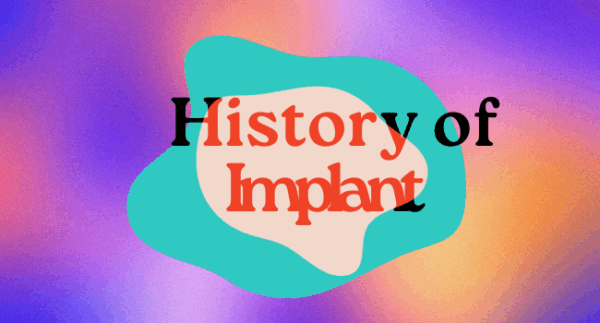Contraceptive Pearl: Over-the-Counter Access to Oral Contraceptives
Written by H. Reeve Bright
Requiring a prescription for oral contraceptive pills (OCPs) creates access barriers for patients. Over-the-counter (OTC) OCPs are available in over 100 countries throughout the world, but not in the United States. As of July 2021, 21 states offered pharmacist-prescribed birth control pills, but no states offered over-the-counter OCPs.¹ Recently, HRA Pharma applied for FDA approval for an OTC progestin-only pill with a decision expected in 2023.²
The American Academy of Family Physicians has long supported OTC OCPs as a way to increase access to contraception.³ In Committee Opinion Number 788, American College of Obstetricians and Gynecologists (ACOG), reaffirmed its support of over-the-counter birth control, including OCPs, without age restriction.⁴ The Free the Pill coalition has long engaged stakeholders in reproductive health, rights, and justice who have been building and disseminating evidence in support of OTC OCPs since 2004.
Multiple studies have shown that persons who can get pregnant are capable of using a self-screening tool to determine their eligibility for various forms of hormonal contraception.5–10 Self-screening tools should include questions regarding tobacco use, pregnancy status, current medical conditions, and medications.6 People accessing OTC OCPs should also be provided with a fact sheet of all their birth control choices.
Progestin-only pills have no or minimal risk of venous thromboembolism (VTE), but have less room for error when used to prevent pregnancy than estrogen-containing pills.³ The risk of VTE in persons who use combined oral contraceptives (COC) is slightly higher than non-pregnant non-COC users (3 to 9 per 10,000 person-years versus 1 to 5 per 10,000 person-years), but is significantly lower than the risk of VTE in pregnancy (5 to 20 per 10,000 person-years) and in the first 12 weeks postpartum (40 to 65 per 10,000 person-years).¹¹
Over-the-counter status for oral contraceptives would make this method much easier to obtain, assuming that pills accessed this way remain fully covered by insurance and available to people of all ages.
RHAP resources:
Your Birth Control Choices Fact Sheet
Your Birth Control Choices Poster
Sources:
Pharma-free
The Reproductive Health Access Project does not accept funding from pharmaceutical companies. We do not promote specific brands of medication or contraception. The information in the Contraceptive Pearls is unbiased, based on science alone.

